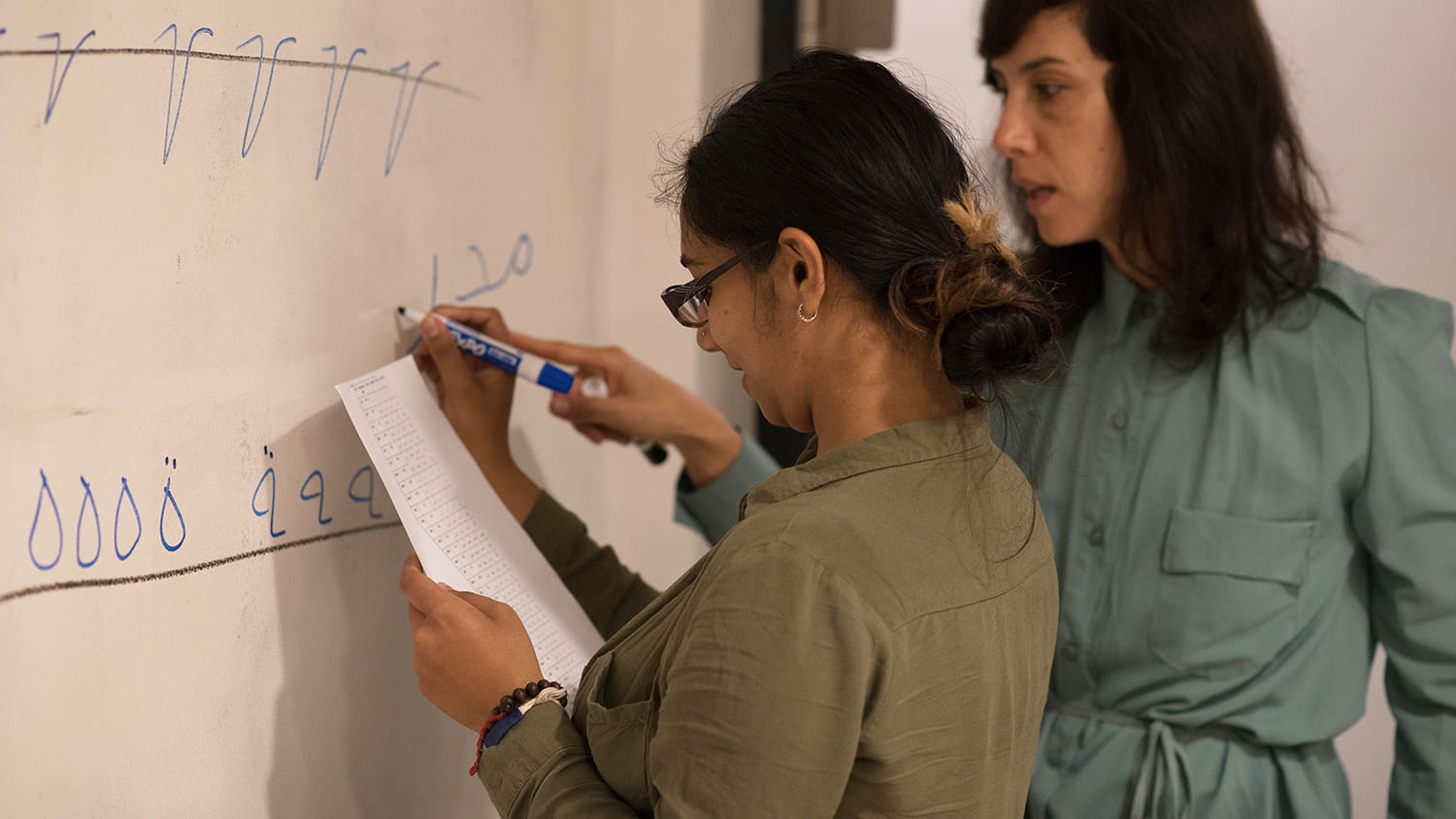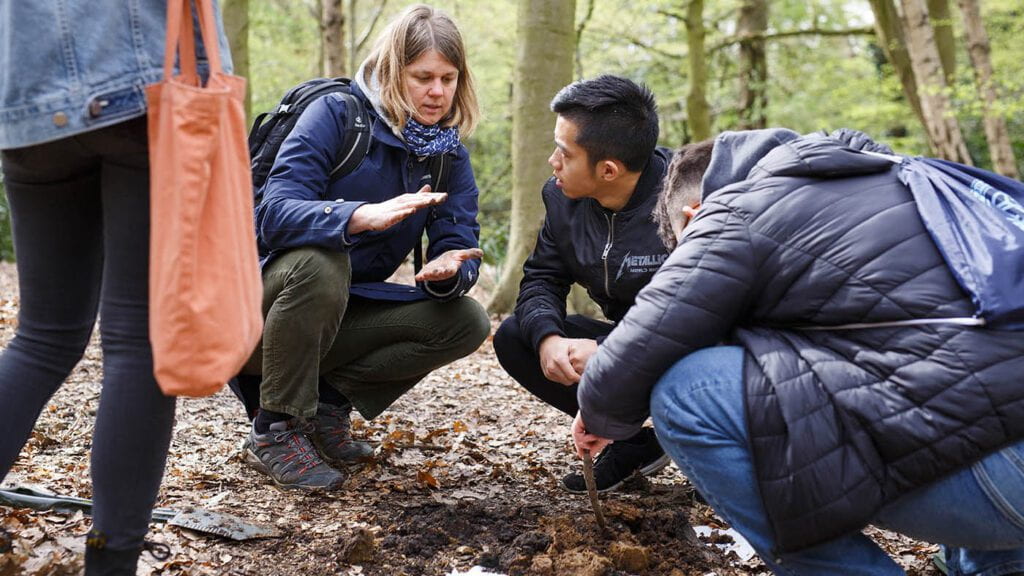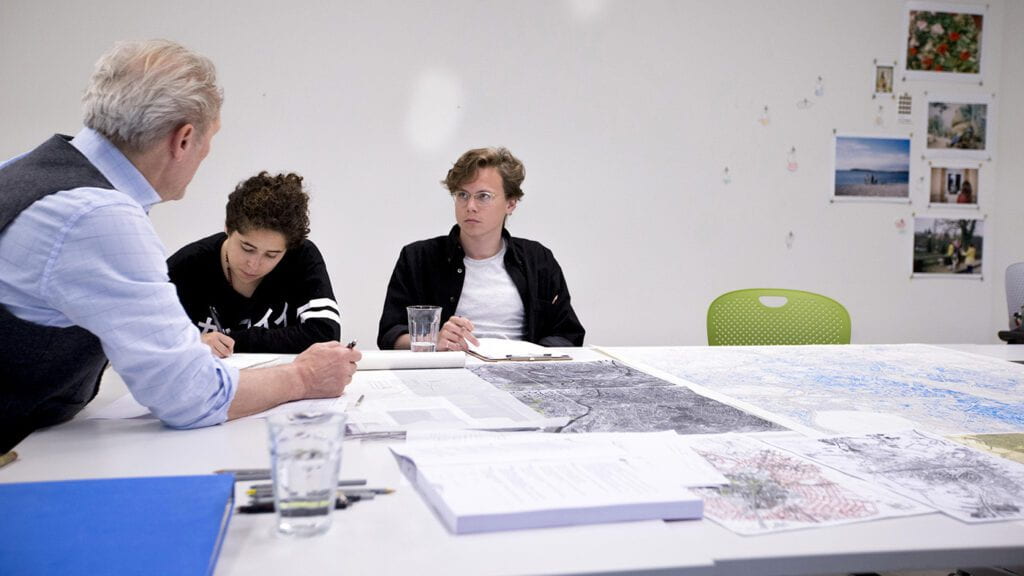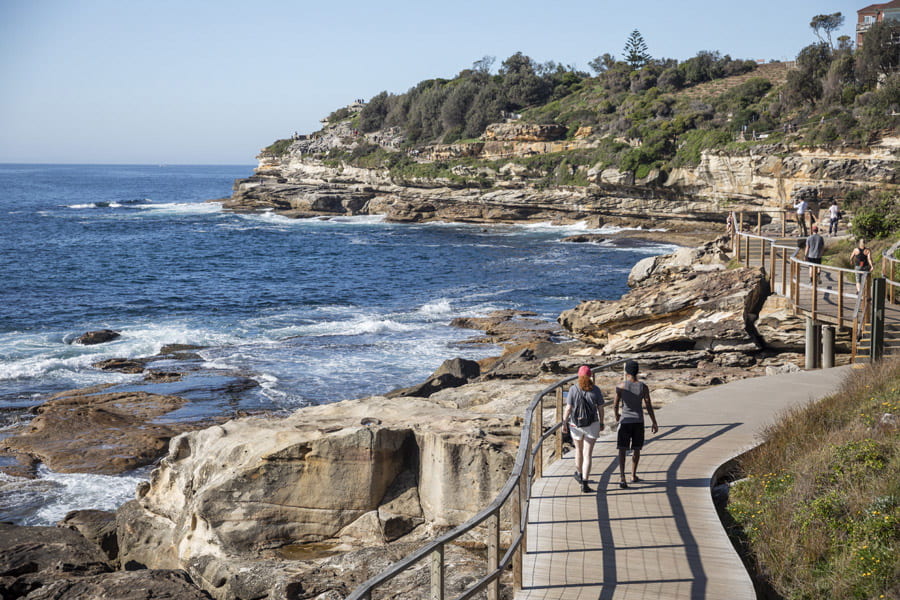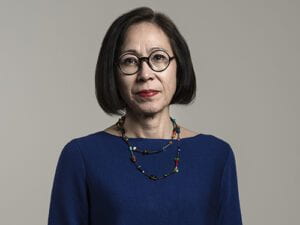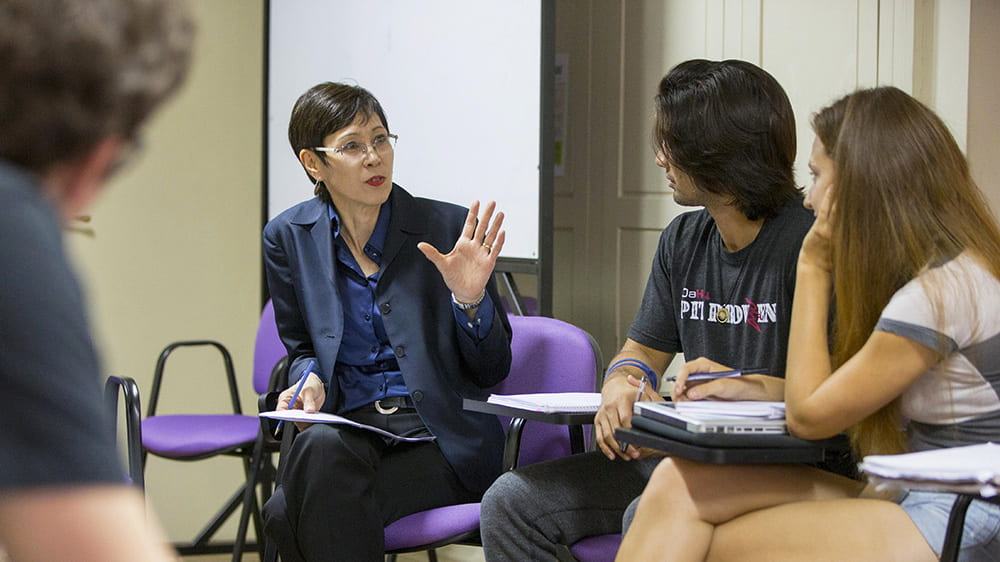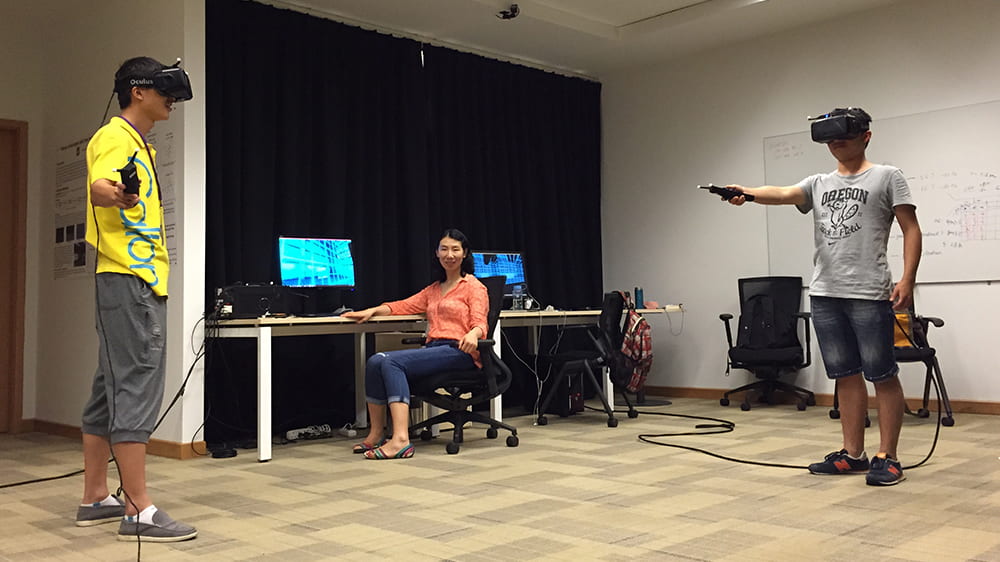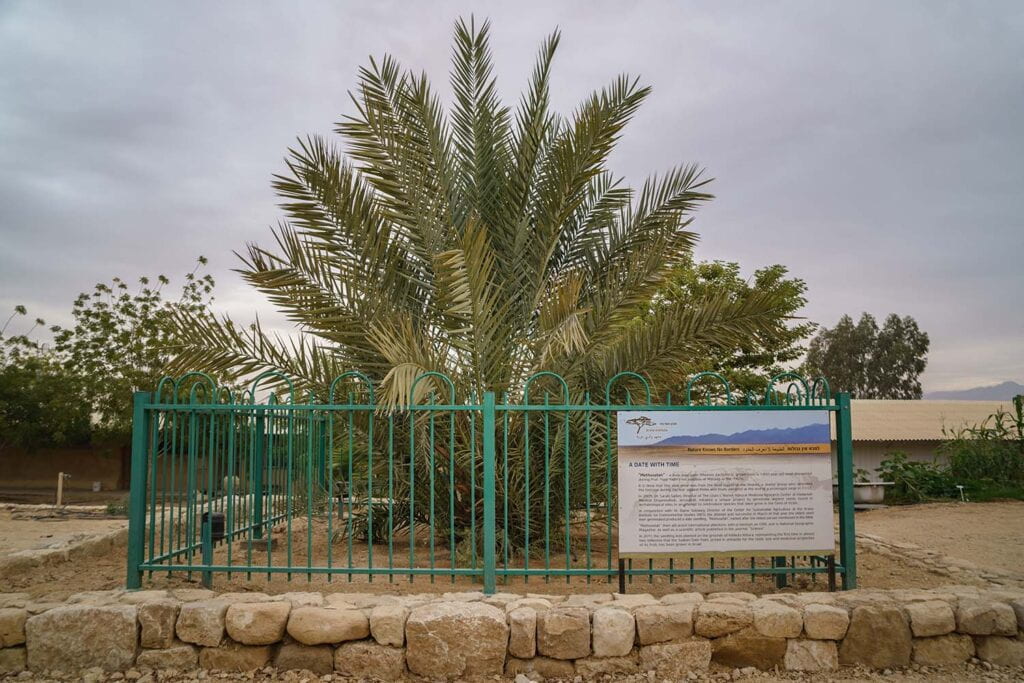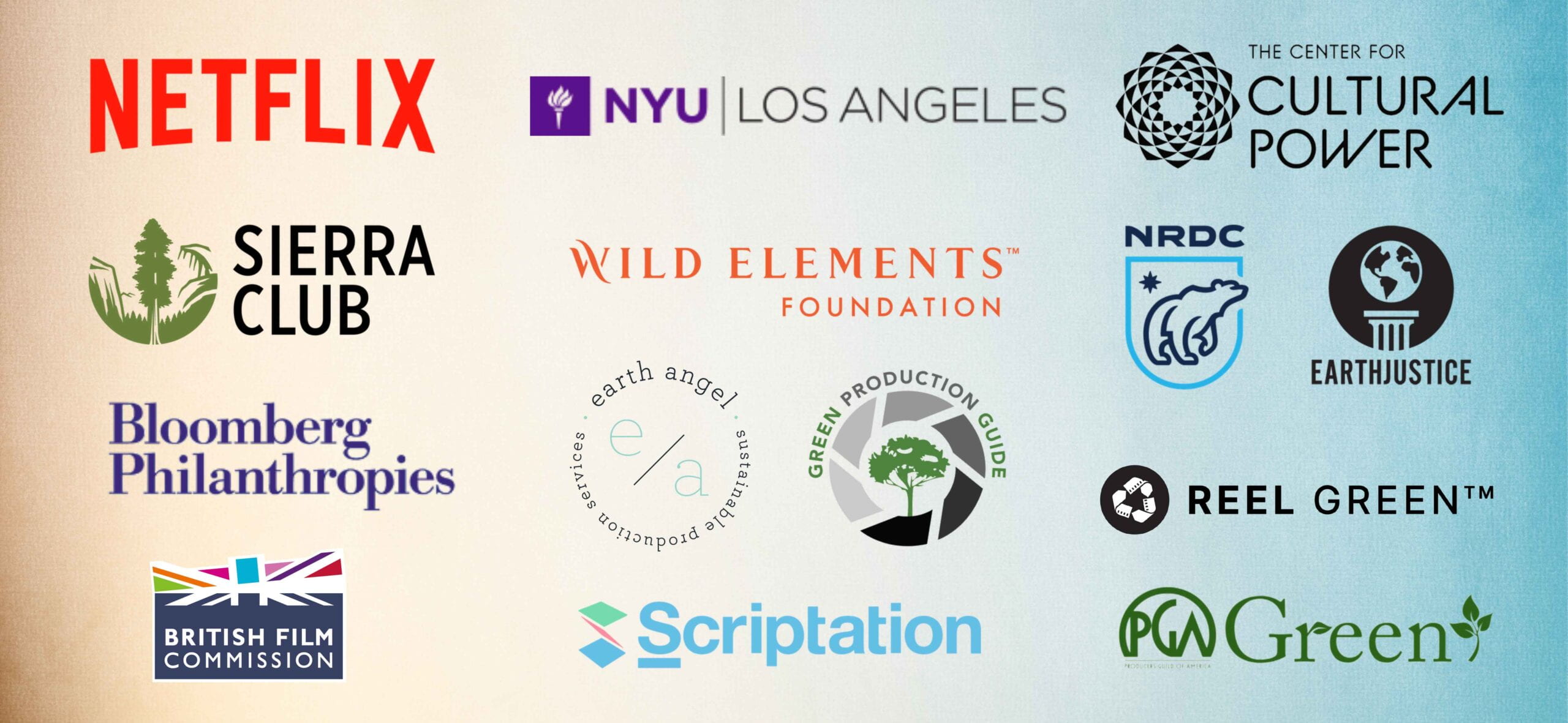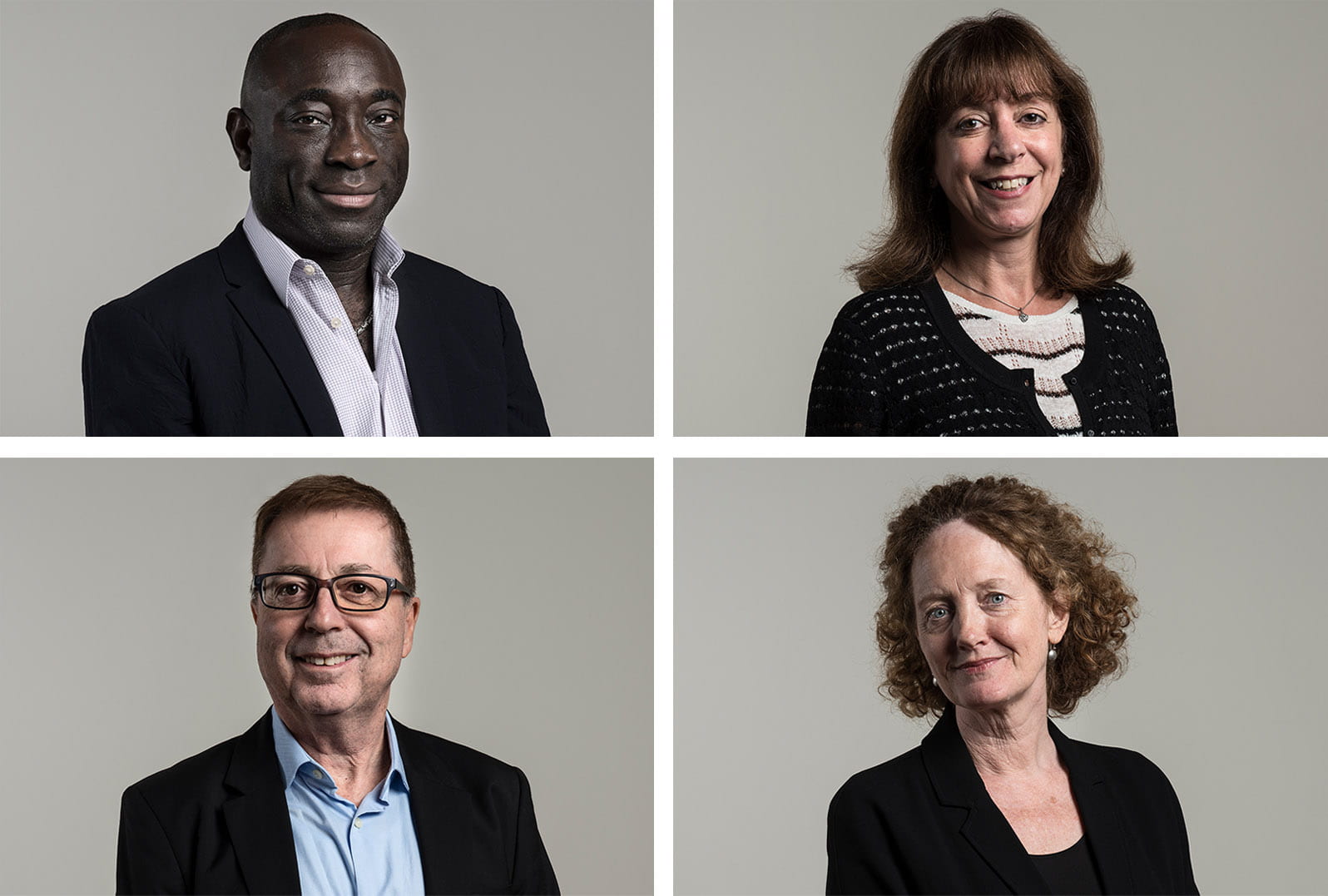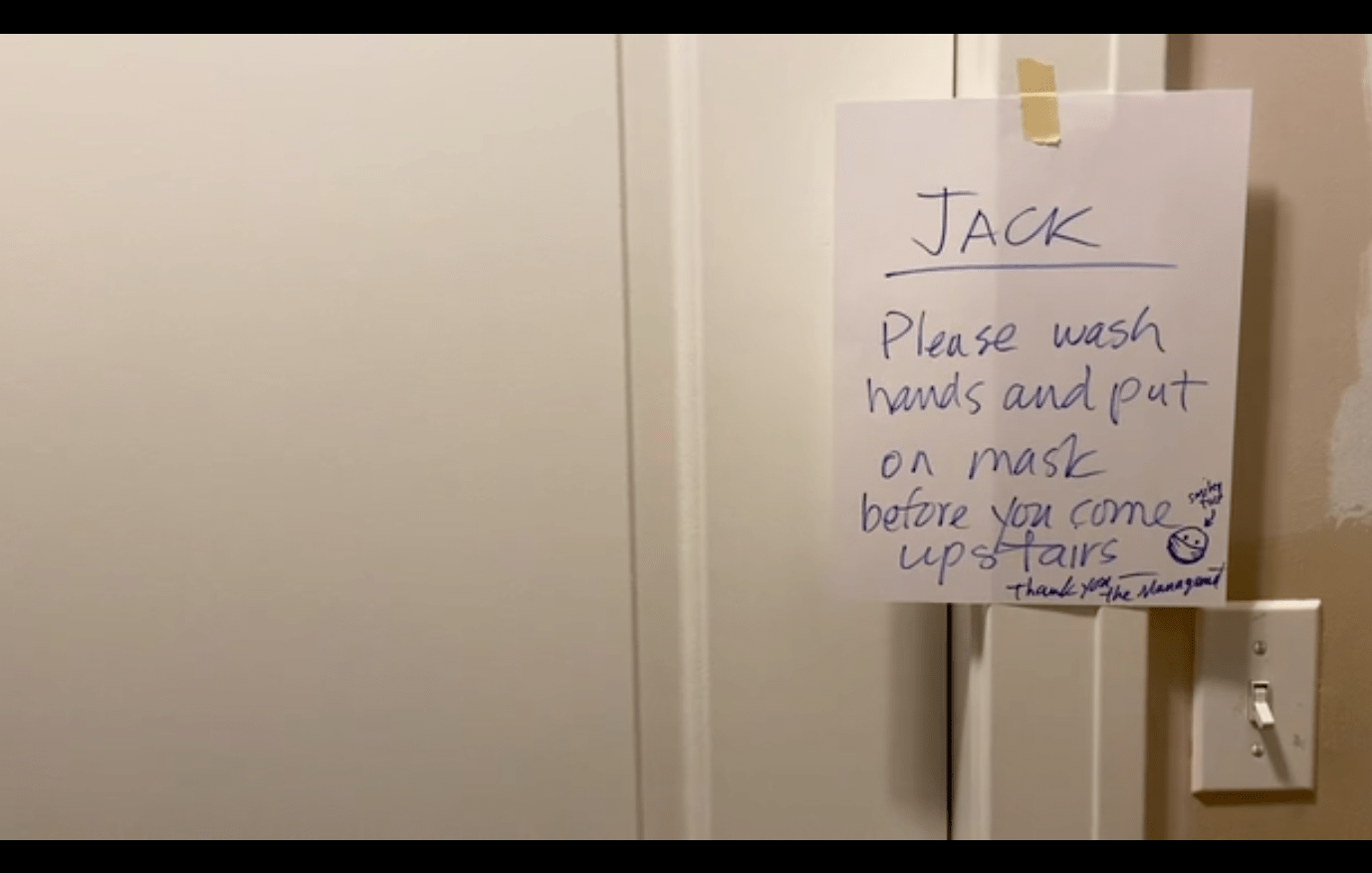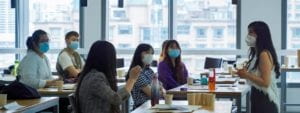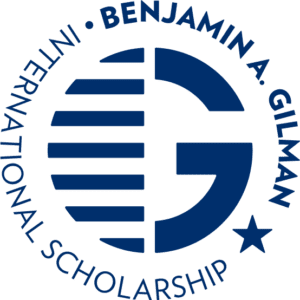
The Benjamin A. Gilman International Scholarship is a program of the US Department of State with funding provided by the US government and supported in its implementation by the Institute of International Education (IIE).
In recognition of the large number of Gilman Scholars NYU has produced, the US Department of State named the University one of the highly regarded program’s 20 large Top Producing Colleges and Universities in 2021. NYU was the only private research university in the large category to receive this distinction, announced last fall by the State Department’s Bureau of Educational and Cultural Affairs.
“Gilman’s mission is to make study abroad more accessible and inclusive by providing scholarships to outstanding US undergraduate students,” says NYU Office of Global Programs assistant director of student services Nyoka Joseph. “As a top-producing institution, NYU is recognized for its support of equity, diversity, and accessibility in study abroad through the programs it offers and the culture it has created with regards to studying or interning abroad for any student who wants the experience.”
Helping Students Fulfill Their Study Abroad Dreams
Since its foundation in 2001, the Gilman Scholarship Program has partnered with US higher education institutions to make study abroad more accessible for underrepresented students, including first-generation college students, students who are of historically marginalized ethnicities, students with disabilities, and students attending historically Black colleges and universities.
Students receive up to $5,000 in funding to study abroad for a full semester or academic year, and they are eligible to apply for an additional $3,000 in aid if they plan to study a critical need language (a language deemed critical to national security).
Each year, Joseph and her team host informational sessions to review the Gilman application process and teach students how to write strong essays. With three Gilman advisers on board, Joseph says they can mentor more than 35 student applicants each semester.
For Mika-Elle Metellus, a College of Arts and Science senior pursuing a double major in French and Politics, the Gilman advisers played a critical role in her Gilman success story.
“Thanks to the NYU Gilman advisers, my application process ran smoothly,” she says. “In the beginning of the spring 2019 semester, I attended a Gilman Scholarship information session at the StudentLink Center. I was then paired with an adviser who simplified the process for me by creating personal deadlines, reviewing all my essay drafts, and motivating me along the way.”
The Lasting Impact of a Gilman Scholarship
According to Joseph, students benefit from the Gilman Scholarship in many ways. One of the immediate benefits, she says, is the reduction of their financial burden. The scholarship allows them to focus on their studies while fully experiencing their new international environment. This was true for Mika-Elle, who studied abroad at NYU Paris in the fall of 2019. “I became fully integrated into the French culture and language,” she says. “My biggest takeaway from studying at NYU Paris was the language immersion that no classroom setting could ever provide.”
When students complete their term abroad, Joseph says they gain access to the Gilman Scholar Network (a national alumni network), become a Gilman ambassador, and complete a service project for their NYU peers or their local community. They also qualify for at least 12 months of noncompetitive eligibility hiring status within the federal government. This allows US federal government agencies to hire eligible exchange program alumni outside of the formal competitive job announcement process.
Overall, Joseph says the Office of Global Programs at NYU regularly promotes the Gilman Scholarship because it continues to be an invaluable funding opportunity for students who might not otherwise have the means to study abroad. In the past 20 years, 307 NYU students have received a Gilman Scholarship. With Gilman they’ve been able to explore a new culture, study a diverse language, and acquire critical skills for their personal and professional development.
For more information about the Gilman Scholarship application process, please visit the Studying Abroad Gilman Scholarships page on NYU’s website.
Written by Samantha Jamison

